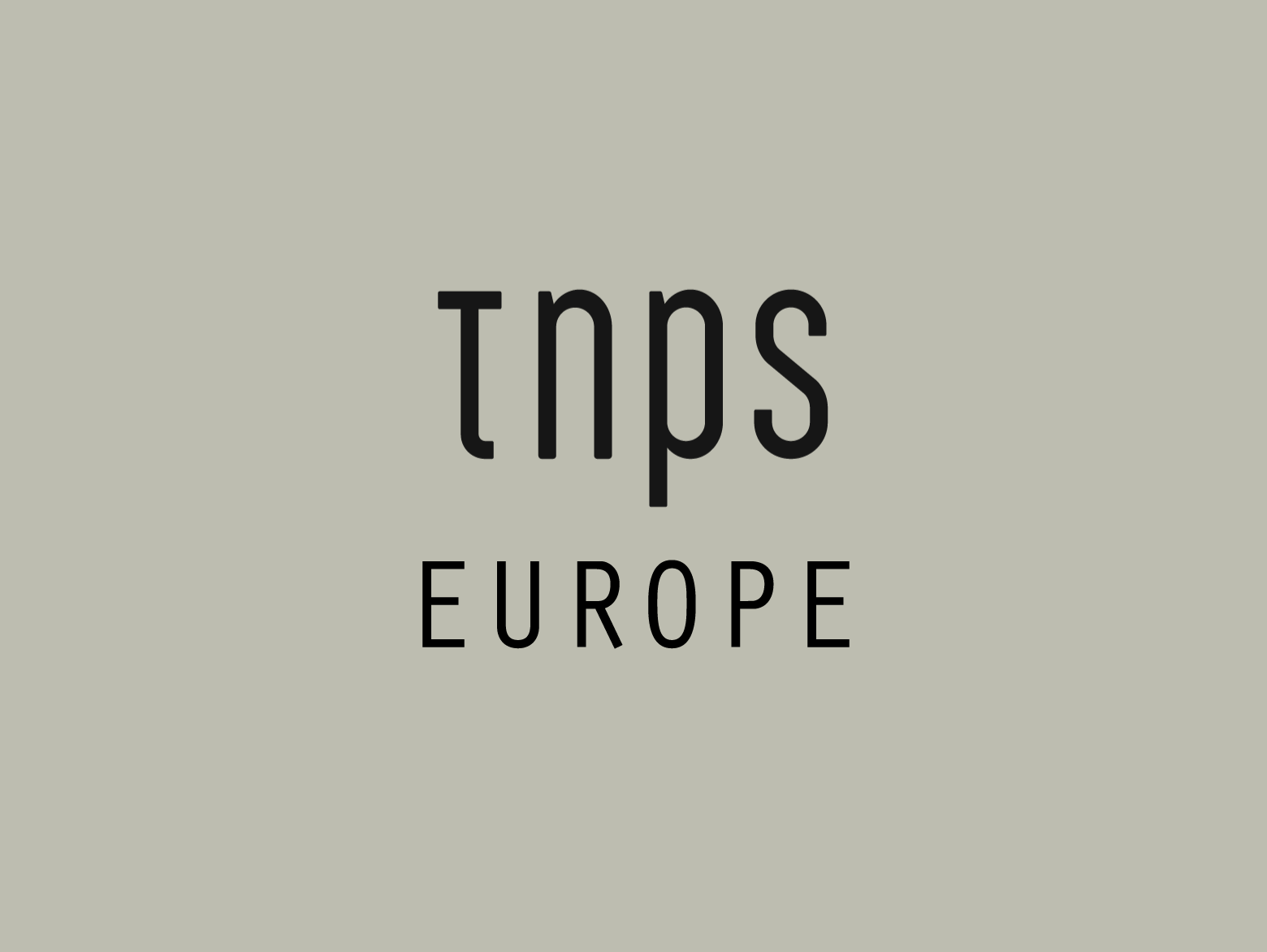Despite working with established publishers, her royalty payments have been as low as 0.5% to 1.5% of sales revenue.
The world of publishing is often celebrated as a haven for creativity, yet beneath the surface lies a long-standing issue: the disproportionate split of profits between authors and publishers.
In most cases, writers receive royalties ranging from 5% to 15% of a book’s retail price, with bestselling authors achieving a rare 25%. Meanwhile, the bulk of the revenue is consumed by distribution, production, and dealer mark-ups—yet significant profits still rest with publishers.
At which point, we must note that while the author does the creating, it is the publisher that stumps up the cash to get the book out there. Up-front costs the writer often gives little or no consideration to, and that the publisher may take a loss on.
Reward To Risk
For many debut authors, this perceived inequity often leaves them with little choice but to self-publish or co-publish their work, shouldering much of the financial risk themselves.
But of course, they then reap more of the profits, but in doing so hopefully learn a valuable lesson about publishing realities: that paper and ink and printing and editing and proofing and distribution and marketing all cost money, which in part – only part, mind – explains why publisher-paid royalties are so small.
These dynamics are a persistent source of tension within the industry everywhere, but have recently become the subject of fierce debate in Poland due to a high-profile lawsuit brought by bestselling author Joanna Kuciel-Frydryszak.
The Lawsuit that Shook Polish Publishing
Kuciel-Frydryszak, celebrated for her acclaimed book Chłopki (The Peasants), is suing her publishing house Marginesy. Her reportage on the lives of Polish peasant women, past and present, has been a commercial success, selling over 500,000 copies within five months and being reprinted 12 times.
The author claims that Marginesy’s profits from her book are disproportionately high compared to her own earnings. She is invoking Poland’s amended bestseller clause, which allows authors to demand increased remuneration if their pay is deemed unfair relative to the publisher’s gains.
The Broader Struggle for Fair Compensation
The issue extends beyond bestselling authors. Natalia Zacharek, known for her anthropological and popular science books, highlights the stark financial realities of writers in Poland. Despite working with established publishers, her royalty payments have been as low as 0.5% to 1.5% of sales revenue.
Over five years, her total earnings amounted to just a few thousand zlotys (approximately one thousand euros). Zacharek candidly states that it is impossible to make a living from book writing alone under the current system.
Read more at EuroNews.
This post first appeared in the TNPS LinkedIn newsfeed.



